USB-C makes sense for iPhone, does it finally make sense for Apple?
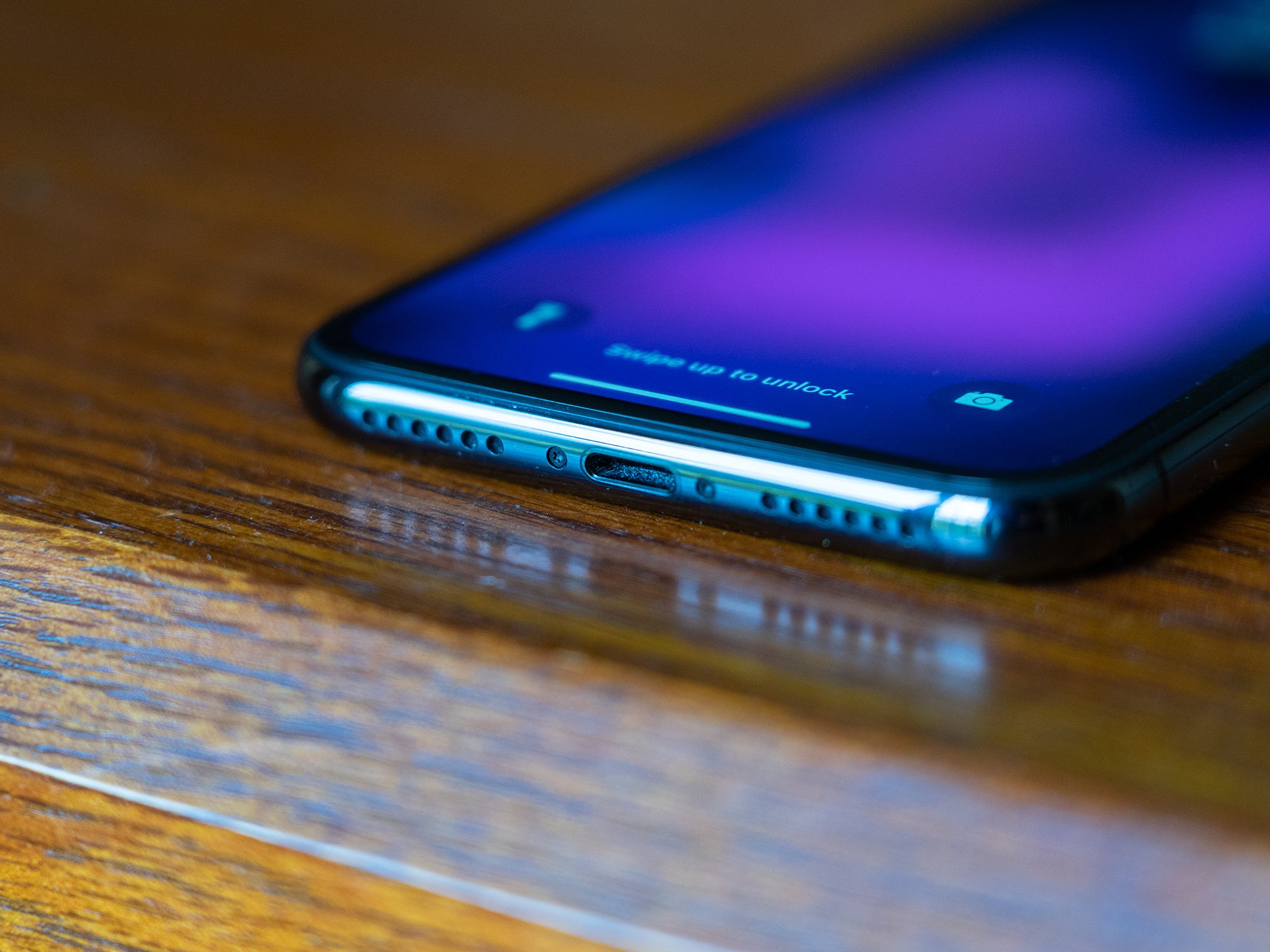
In 2020 Apple warned the EU that forcing the company to switch to USB-C ports on the iPhone would cause massive upheaval, creating "an unprecedented volume of electronic waste" and "greatly inconveniencing users." Then, in September of last year, the company said that strict regulation mandating a particular type of connector would stifle innovation "rather than encouraging it."
Yet last week, two prolific insiders, Ming-Chi Kuo and Bloomberg's Mark Gurman, revealed that the company is working on (or at least testing) a USB-C version of the iPhone that could debut in 2023 following the iPhone 14. Experts and accessory makers say the move is logical but warn it won't suit everyone. So has Apple changed its tack and shifted its thinking regarding USB-C on the iPhone? Or was this the plan all along? What about all of the existing Lightning cables and devices and the accessories that support them?
Is the iPhone switching to USB-C?
Until last week, a USB-C iPhone was a myth. When the iPhone 12 and then iPhone 13 both passed without switching from Lightning, it seemed the window had closed for a move to USB-C, and that Apple's best iPhones of the future would drop their ports altogether in favor of wireless charging and data transfer.
Then came Ming-Chi Kuo:
My latest survey indicates that 2H23 new iPhone will abandon Lightning port and switch to USB-C port. USB-C could improve iPhone's transfer and charging speed in hardware designs, but the final spec details still depend on iOS support. Wednesday - May 11, 2022
As is often the case with bombshell leaks and rumors, one report led to another, and Bloomberg's Mark Gurman added his insight days later:
Apple Inc. is testing future iPhone models that replace the current Lightning charging port with the more prevalent USB-C connector, according to people with knowledge of the situation, a move that could help the company conform with looming European regulations. Friday, May 13, 2022.
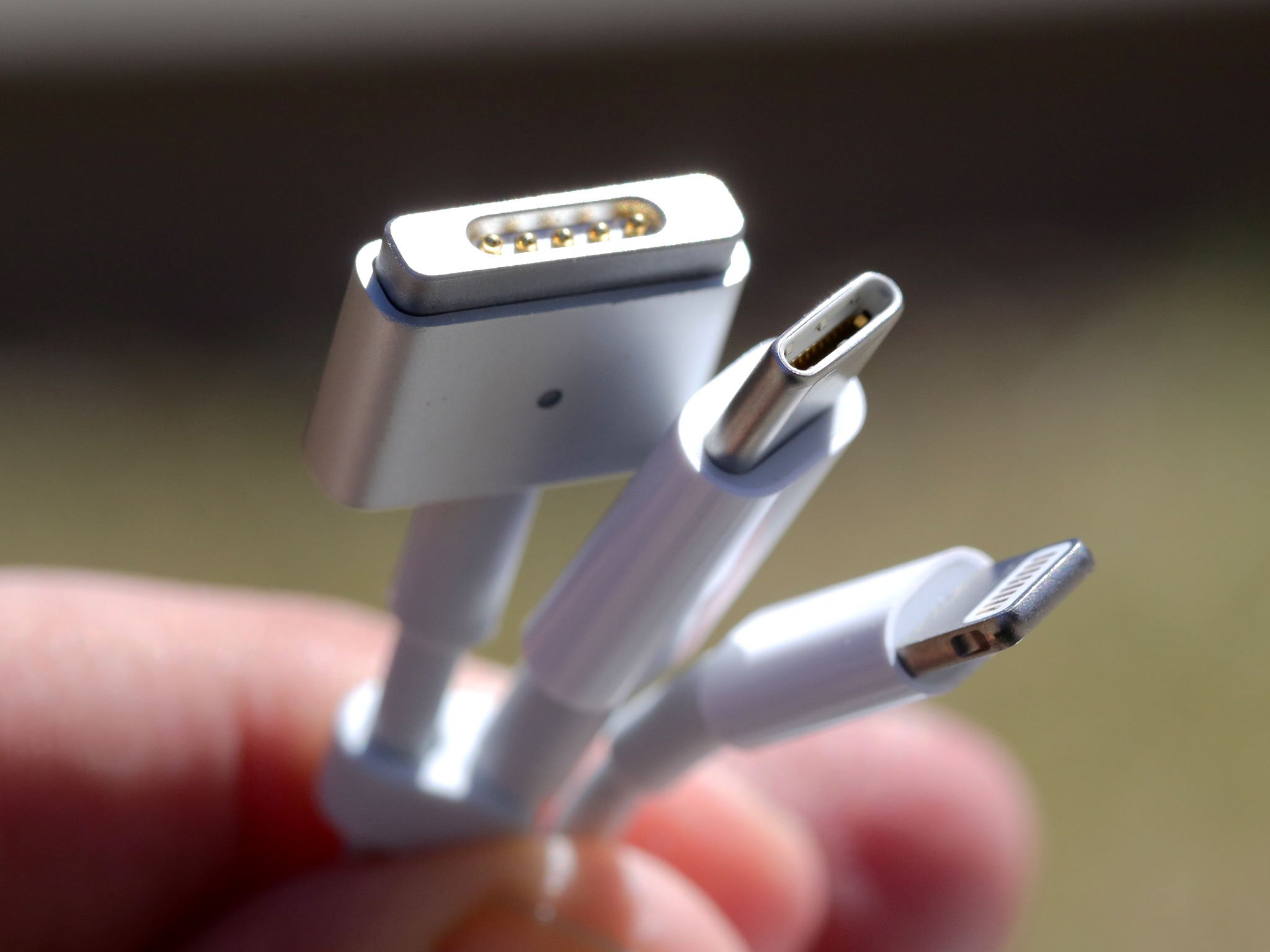
As with all such swirlings, there is a possibility that these rumors may not be accurate. While both insiders are heavyweights in the industry, neither has a perfect track record. Ming-Chi Kuo has missed before, and last year Gurman was spectacularly wrong about reports that Apple would unveil the Apple Watch Series 7 with a new design. More recently, he has also revised his predictions of a complete redesign of the iPhone 14.
But the move makes sense according to analysts, and despite the company's protests, looming EU legislation could provide the perfect cover for such a move.
Master your iPhone in minutes
iMore offers spot-on advice and guidance from our team of experts, with decades of Apple device experience to lean on. Learn more with iMore!
"Apple has long resisted a move to USB-C on the iPhone, but growing regulatory pressure, particularly in Europe, might just tip the balance for it to make the transition," says CCS Insight's Chief Analyst Ben Wood. Speaking to iMore, Wood notes the move would harmonize the port on the iPhone and billions of Android devices, not to mention many other mobile Apple devices such as the iPad Air and iPad Pro.
"Apple has long resisted a move to USB-C on the iPhone, but growing regulatory pressure, particularly in Europe, might just tip the balance for it to make the transition"
The EU has voted to approve plans to force USB-C across all "small and medium-sized" gadgets, including phones, cameras, headphones, speakers, handheld consoles, etc. "With half a billion chargers for portable devices shipped in Europe each year, generating 11,000 to 13,000 tonnes of e-waste, a single charger for mobile phones and other small and medium electronic devices would benefit everyone," said the EU's Alex Agius Saliba. "It will help the environment, further help the re-use of old electronics, save money, and reduce unnecessary costs and inconvenience for both businesses and consumers."
So Apple is now facing "looming" EU regulation that will mandate that all electronic devices be charged by way of a USB-C cable, a move that seems like an excellent step for convenience on the face of it. "Purely from a personal perspective, I'd be delighted if the iPhone finally uses USB-C, since I can eliminate one more cable from my bag and just use a single charging solution across all of my devices," says IDC's Bryan Ma. But, of course, the move wouldn't just be convenient for charging, either. Switching to USB-C will also give users better performance when it comes to data transfer, an important task for any iPhone as video and photography capabilities expand on iPhone.
Indeed, improved data transfer is a draw for Satechi's president and co-founder, Brock Guclu. "Given the fact that Apple has switched over many devices like the MacBook and iPad to USB-C, it's a logical move for Apple to make the switch, especially since Thunderbolt will offer new opportunities to further improve the convenience for iPhone users," he said. In addition, Guclu highlighted that USB-C or Thunderbolt would offer much higher data transfers, fast charging, and video output, which he believes would be necessary if an iPhone of the future could offer 8K video recording.
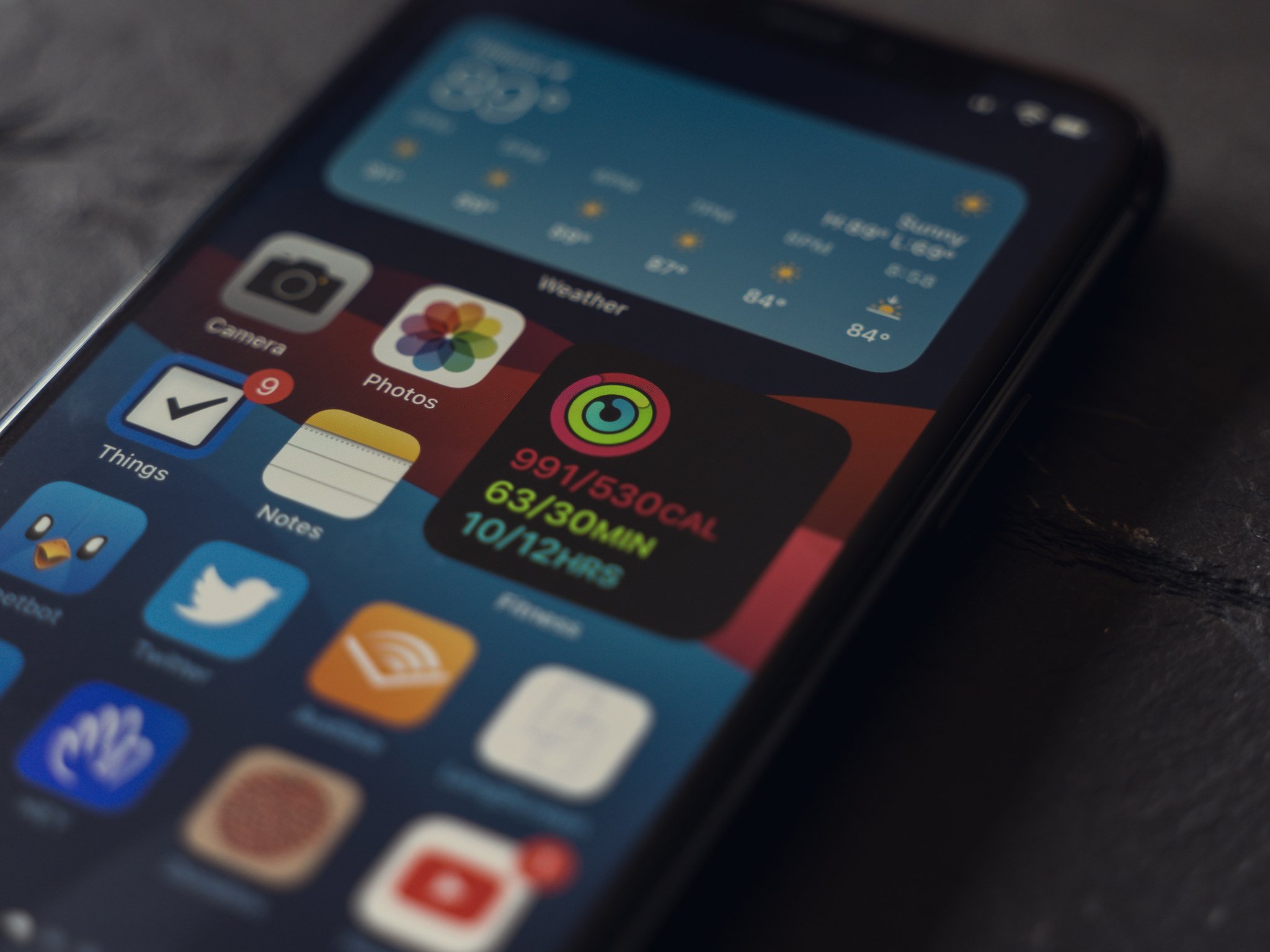
Why hasn't Apple made the switch to USB-C on the iPhone?
So why has Apple resisted the move until now? The benefits were obvious when Apple moved from the 30-pin connector to Lightning. A smaller charger that works whichever way you plug it in is easier to use and eliminates the large dock that trapped dust and pocket lint and welcomed spilled liquids with open arms. It also paved the way for audio transfer, laying the groundwork for Apple to remove the bothersome 3.5mm headphone jack, a space-saving move other smartphone vendors followed.
Yet switching a charging standard is not without controversy. Many decried Apple's decision to render docks, chargers, cables, and accessories either useless or inconvenient overnight while blasting the company for selling its Lightning branded accessories at a premium in retail stores and online. The sale of high-margin accessories, according to Ma, is the most notable reason why Apple has held on to the Lightning connector for as long as it has, and many still believe money is the prime motivator behind Apple's commitment to Lightning.
"Apple has been steadfast in its defense of the Lightning port on the iPhone over the last few years despite growing pressure to transition to USB-C," Wood notes, stating that there is some logic in the position "given the installed base of more than one billion active iPhone users which means there is a huge number of compatible chargers in use today."
When Lightning was introduced, USB-C wasn't ready for the mainstream. Indeed, just three years before the advent of Lightning, the EU was still trying to mandate the use of USB Micro-B connectors in devices. Once Apple committed to Lightning, it was in for the long haul, not least because of the uproar that the switch caused in the first place. Can you imagine the public outcry if Apple were to start the whole song and dance again? Another round of iPhone accessories all rendered useless overnight. Not only would it be inconvenient, but it could also cost Apple customers. Ma says that Lightning is a factor in user retention on the iPhone, with customers "in part motivated to keep buying iPhones in the future since they would work nicely with all of the charging cables," docks, and other accessories they've bought over the years.
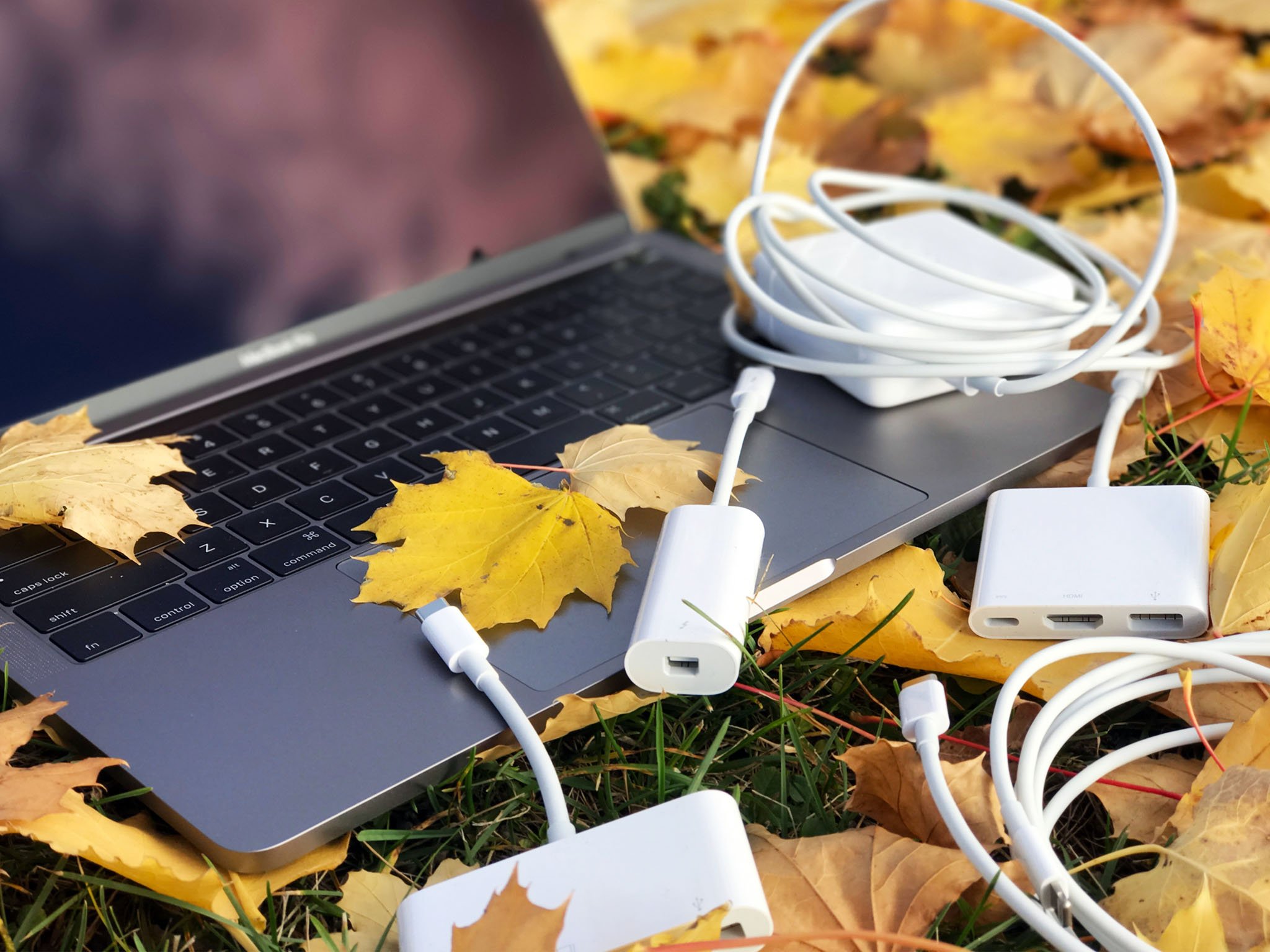
A switch would definitely hurt some. "With an installed base of more than one billion active iPhone users this won't suit everyone," says Wood. In particular, people who have invested in accessories to use with the Lightning connector, especially docks and speakers, nightstands, and more, stand to lose out. Yet Wood says that Apple's embrace of the USB-C connector on other devices now means "there is some logic" in suggesting a move might be afoot. Not to mention that Apple is reportedly working on an adapter to soften the blow.
Another reason for hope is that USB-C is a widespread and commonplace standard that many people already own and have invested in, unlike Lightning which was brand new. This could mean the switch might not be so painful. Satechi's Brock Guclu says the company manufactures a wide range of USB-C accessories. If Apple chooses to make the switch, the company stands "ready to support the new products with compatible mobile solutions."
"With an installed base of more than one billion active iPhone users this won't suit everyone"
But why now? Apple has always faced a dilemma in this regard. The switch, for technical reasons, has always made sense to unify charging across devices. But it would also be a PR nightmare. Switch too early, and all of the investment in Lightning is cut short, with users and consumers, accessory makers, and other businesses left in the lurch by a change in standard they thought would be around for several years. But, on the other hand, make the switch too late, and well, what's the point? Why eliminate Lightning in favor of USB-C if Apple is really planning to simply do away with the charging port in a future iPhone that is likely getting closer and closer?
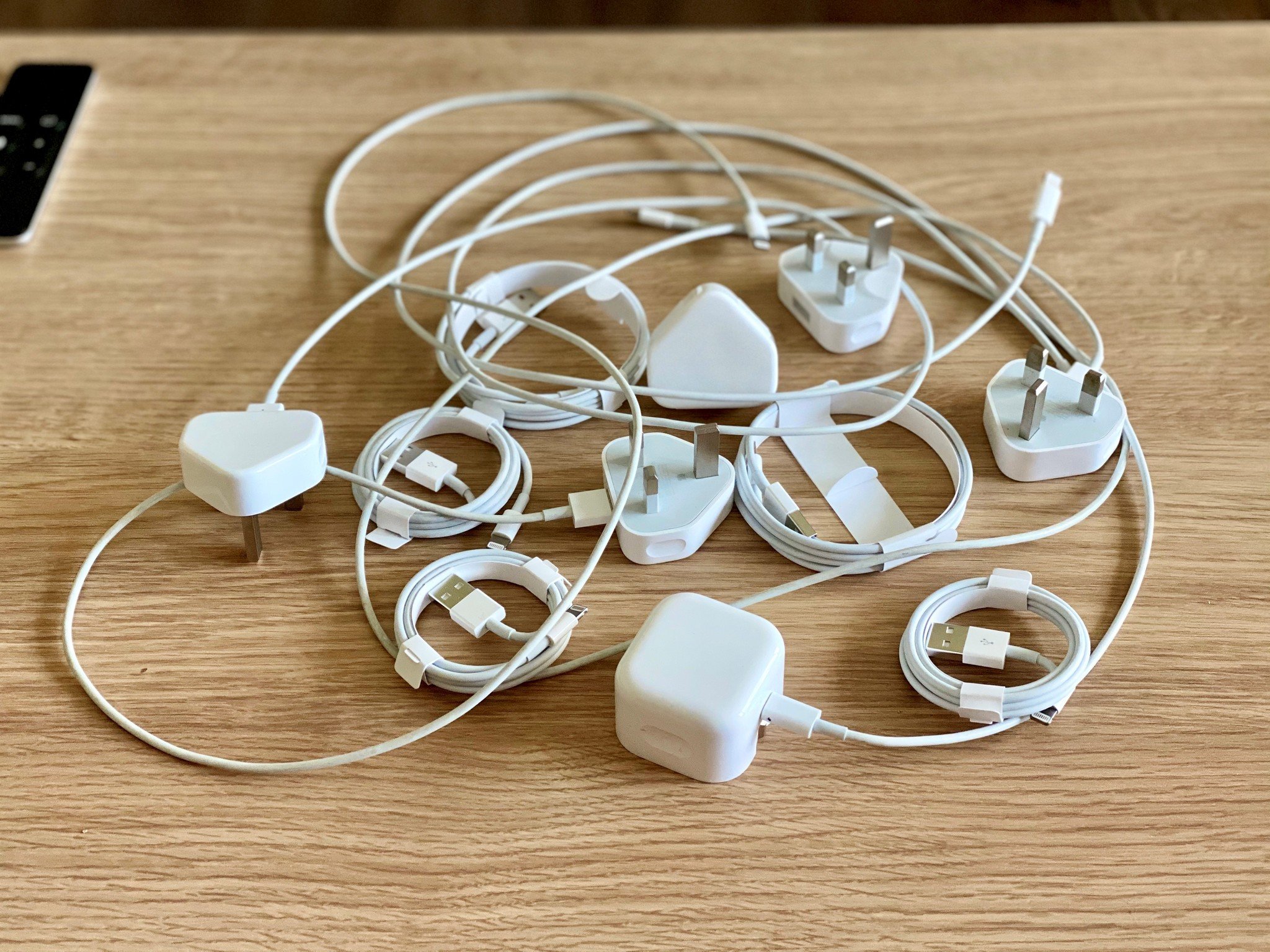
I believe that the EU's impending legislation provides Apple with the cover it needs to make the switch. A complete cynic could argue that, with the EU sniffing around Apple's App Store and its iOS business model and waving antitrust legislation in Apple's face, Apple could easily take the opportunity to make a very unpopular decision (like changing the port on its iPhone again) before simply blaming it on the EU and arguing there was nothing it could do. ("You don't want USB-C on the iPhone? Sorry, the EU made us do it! By the way, they also want to change the App Store...") I don't believe for a second that Apple would make such a monumental change just to save face from a PR point of view. Still, you have to admit that it seems less likely Apple would have made this change without impending legislation, and pointing to the legislation may at least quell some of the most adverse reactions to the move.
If USB-C is destined for the iPhone, you have at least a year to wait, as the iPhone 14 is expected to hang on to Lightning before the rumored switch in 2023. Also reportedly making the switch will be all of Apple's major iPhone accessories and its AirPods.

Stephen Warwick has written about Apple for five years at iMore and previously elsewhere. He covers all of iMore's latest breaking news regarding all of Apple's products and services, both hardware and software. Stephen has interviewed industry experts in a range of fields including finance, litigation, security, and more. He also specializes in curating and reviewing audio hardware and has experience beyond journalism in sound engineering, production, and design. Before becoming a writer Stephen studied Ancient History at University and also worked at Apple for more than two years. Stephen is also a host on the iMore show, a weekly podcast recorded live that discusses the latest in breaking Apple news, as well as featuring fun trivia about all things Apple. Follow him on Twitter @stephenwarwick9
